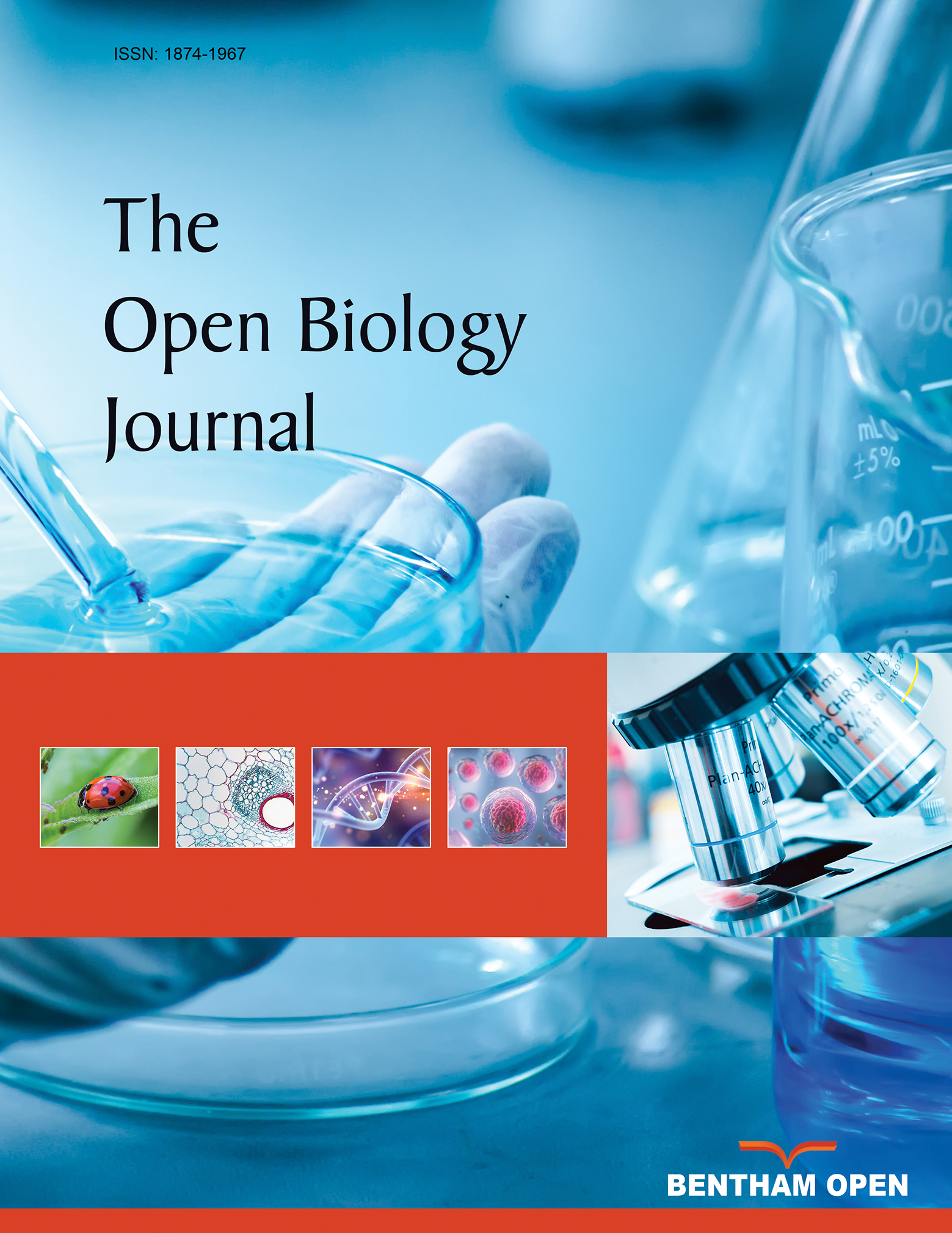A Detailed Biological Approach on Hormonal Imbalance Causing Depression in Critical Periods (Postpartum, Postmenopausal and Perimenopausal Depression) in Adult Women
Abstract
Background:
In today's global world, most women are experiencing midlife health problems which can affect their lives and mental status. Most of the diseases occurr after childbirth and during pregnancy or gestation period which can lead to severe problems such as postpartum depression (PPD), postmenopausal depression, perimenopausal depression which ultimately affects the mental health condition and develop various depressive episodes which ultimately lead to depression in women.
Objective:
The review paper gives the information that if there is untreated maternal depression then it can lead to anxiety, fear, negative effect on child development, disruption of the mother-infant relationship, and the occurrence of depressive symptoms in the early life of infants. Hormone levels are changed at the time of pregnancy.
Methods:
The data was collected by studying combination of research and review papers from different databases like PubMed, Medline, and Web of science by using search keywords like “Postpartum depression”, “Postmenopausal depression”, “Risk factors”, “Pathogenesis of PPD”, “Predictors of postpartum depression”.
Results:
This can lead to disrupting the quality of life of menopausal women like deficiency of nutrients, not properly regular physical activities, elevated Body Mass Index (BMI), loss of libido (loss of interest in sexual activities), due to the lack of education, and awareness among the people. Factors like increase in physical activity can naturally help in PPD condition. Mind body therapy, drug therapy and cognitive and mindfulness-based therapies help in hormonal imbalances.
Conclusion:
It was found that low birth weight and congenital abnormalities in babies lead to affect depression after delivery. It is recommended that health care providers and physicians are provided with information regarding factors contributing PPD and postmenopausal depression. Sleep timings and consumptions of nutraceuticals can help in natural healing with depression amongst women suffering from postpartum, postmenopausal and perimenopausal depression.


